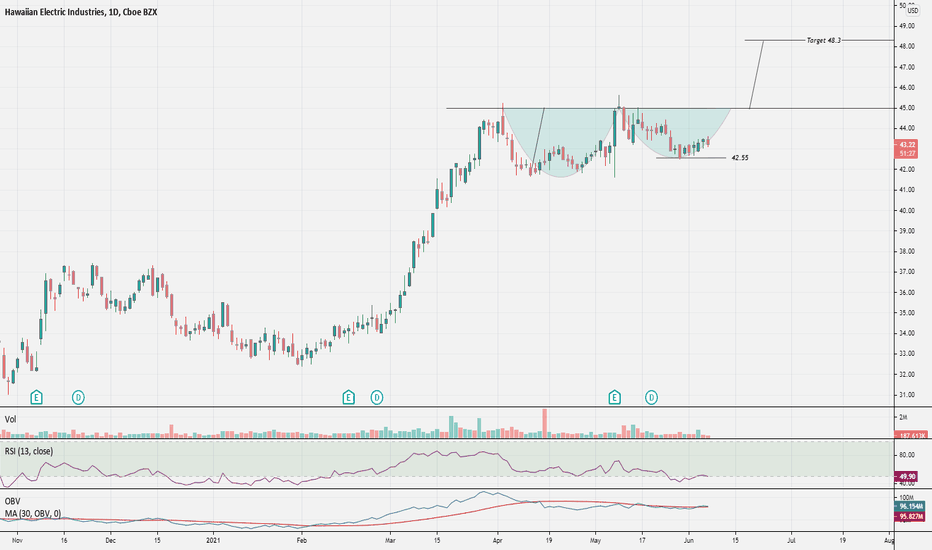The Stock Price: Understanding Its Dynamics And Impact On The Market
The stock price plays a crucial role in the financial markets, influencing investment decisions and economic conditions globally. Understanding how stock prices are determined can empower investors to make informed decisions, minimizing risks and maximizing returns. In this article, we will explore the various factors that affect stock prices, the importance of market trends, and strategies for investing wisely.
This comprehensive guide will delve into the complexities surrounding stock prices, including their historical context, the impact of external factors, and the significance of market psychology. With the right knowledge, investors can navigate the stock market more effectively, ensuring they are equipped to handle fluctuations and capitalize on opportunities.
Whether you are a seasoned investor or just starting, understanding the nuances of stock prices is essential. We will cover everything from fundamental analysis to technical indicators, providing you with a well-rounded perspective on this critical aspect of investing.
Table of Contents
- Biography of Stock Prices
- Key Data on Stock Prices
- Factors Influencing Stock Prices
- Investment Strategies for Stock Prices
- Market Trends and Stock Prices
- Market Psychology and Its Effect on Stock Prices
- The Future of Stock Prices
- Conclusion
Biography of Stock Prices
The concept of stock prices dates back to the early days of trading, where merchants would buy and sell shares of companies to raise capital for expansion. Over time, stock exchanges were established, providing a formal platform for trading stocks and determining their prices through supply and demand dynamics.
Stock prices are influenced by various factors, including company performance, market conditions, and investor sentiment. Understanding the historical context of stock prices can provide valuable insights into current market trends and future projections.
Data on Stock Prices
| Year | Average Stock Price | Market Capitalization |
|---|---|---|
| 2018 | $150 | $25 Trillion |
| 2019 | $175 | $27 Trillion |
| 2020 | $200 | $30 Trillion |
| 2021 | $250 | $35 Trillion |
Factors Influencing Stock Prices
Several key factors influence stock prices, including:
- Company Performance: Earnings reports, revenue growth, and profit margins directly affect stock prices.
- Market Conditions: Economic indicators, interest rates, and inflation impact investor confidence and stock valuations.
- Competition: The performance of competitors can affect market perception and stock prices.
- Industry Trends: Changes in industry regulations, technology advancements, and consumer preferences can shift stock prices.
Investment Strategies for Stock Prices
Investors can employ various strategies to navigate stock prices effectively:
- Fundamental Analysis: Assessing a company's financial health and market position to make informed investment decisions.
- Technical Analysis: Analyzing historical price charts and patterns to predict future stock price movements.
- Diversification: Spreading investments across different sectors to reduce risk exposure.
- Long-term Investing: Focusing on long-term growth potential rather than short-term fluctuations.
Market Trends and Stock Prices
Market trends significantly impact stock prices. Bull markets, characterized by rising prices, encourage investment, while bear markets lead to declining prices and heightened caution. Understanding these trends can help investors make timely decisions.
Current Trends in Stock Prices
As of recent years, several trends have emerged that affect stock prices:
- The rise of technology stocks, driven by innovation and digital transformation.
- Increased interest in sustainable and ethical investing, impacting company valuations.
- Volatility due to geopolitical tensions and economic uncertainties.
Market Psychology and Its Effect on Stock Prices
Investor psychology plays a significant role in stock price movements. Fear and greed can lead to irrational decisions, often resulting in market bubbles or crashes. Understanding market psychology can help investors anticipate price changes.
Behavioral Finance Insights
Behavioral finance studies how psychological factors affect financial decision-making. Key insights include:
- Loss Aversion: Investors are more sensitive to losses than gains, influencing their decision-making process.
- Herd Behavior: Investors often follow the crowd, leading to price volatility.
- Overconfidence: Investors may overestimate their knowledge and abilities, affecting their investment choices.
The Future of Stock Prices
The future of stock prices is influenced by various factors, including technological advancements, changing consumer behaviors, and global economic conditions. Investors must stay informed and adaptable to navigate these changes effectively.
Furthermore, emerging sectors such as renewable energy, artificial intelligence, and biotechnology present new opportunities and challenges for investors. Keeping an eye on these trends can provide valuable insights into potential stock price movements.
Conclusion
In conclusion, understanding the stock price is essential for making informed investment decisions. By analyzing the factors that influence stock prices, employing effective investment strategies, and considering market psychology, investors can navigate the complexities of the stock market with confidence.
We encourage you to share your thoughts in the comments section below and explore our other articles for more insights into the world of investing. Stay informed, stay engaged, and happy investing!
Thank you for reading! We hope to see you back on our site for more valuable financial insights.
Understanding Autosone: The Future Of Automotive Technology
Mccrafrey: The Journey Of A Digital Pioneer
Jeannie Mai And Jeezy: A Journey Through Love And Success


